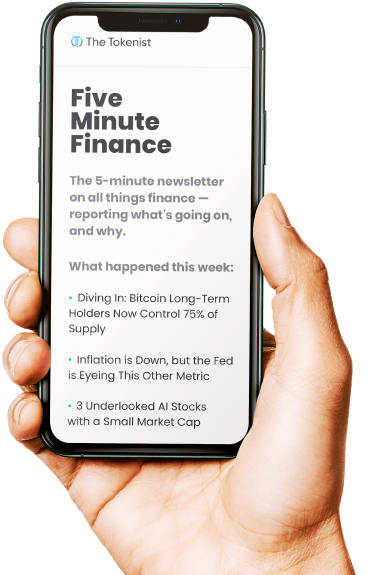
Why BDX Stock Is Falling in Premarket Today: CFO Transition Weighs on Shares
Becton, Dickinson and Company (BDX) is experiencing significant premarket weakness following the unexpected announcement of a CFO transition. The medical technology giant revealed that Chief Financial Officer Chris DelOrefice will depart on December 5, 2025, with 20-year company veteran Vitor Roque stepping in as interim CFO.
Despite reporting strong preliminary fourth-quarter and full-year fiscal 2025 results, with revenue climbing approximately 8.3% year-over-year to $5.9 billion in Q4 and full-year sales reaching $21.8 billion, investors reacted negatively to the leadership change. The stock dropped about 5.8% to $176 in after-hours trading on October 15, and continued its decline in premarket trading on October 16, falling to $184.44, down $2.38 or 1.27% as of 9:03 AM EDT.
Leadership Change Triggers Concern Despite Solid Earnings Outlook
The sudden departure of CFO Chris DelOrefice has caught Wall Street off guard, contributing to the sharp decline in BDX shares. According to the company’s official statement, DelOrefice is leaving to pursue an outside opportunity after four years in the role, during which he played a key part in BD’s strategic transformation.
CEO Tom Polen praised DelOrefice’s contributions and expressed confidence that interim CFO Vitor Roque, who brings two decades of finance experience at BD, is “well positioned” to maintain continuity and execute the company’s strategic plans. Management emphasized that Roque’s deep institutional knowledge should ensure a smooth transition as the company finalizes its “New BD” strategic transformation.
The leadership change comes at a sensitive time for the medical device sector, as U.S. regulators have opened a medical-device import probe that has pressured the entire industry. According to market reports, the probe sent medtech stocks tumbling broadly, with companies from GE Healthcare and Becton Dickinson to Stryker and ResMed falling between 4% and 11%.
This regulatory overhang, combined with the unexpected CFO news, has amplified investor concerns despite BD’s otherwise solid operational performance and its reaffirmation of fiscal 2025 adjusted earnings per share guidance at or above the midpoint, estimated at approximately $14.37 per share. Investors typically view unexpected C-suite departures with caution, particularly when they involve the CFO role, which is critical for financial stewardship and investor communications during periods of strategic change.
Join our Telegram group and never miss a breaking digital asset story.
BDX Underperforms Broader Market Despite Analyst Optimism
BDX stock has faced significant headwinds in recent trading sessions. At the October 15 close, shares traded at $186.77, but plummeted to $184.44 in premarket trading on October 16, representing a decline of $2.38 or 1.27% as of 9:03 AM EDT. This followed an approximately 5.8% drop to $176 in after-hours trading immediately following the CFO announcement.
The stock’s previous close of $188.36 and opening price of $187.59 on October 15 highlight the sharp reversal in sentiment triggered by the leadership news. From a broader perspective, BDX has struggled over multiple time horizons, with year-to-date declines of 16.35% compared to the S&P 500’s gain of 13.42%, while the one-year return shows a loss of 21.15% versus the index’s 14.72% advance.
Despite the recent weakness, Wall Street analysts maintain a cautiously optimistic outlook on BDX. The consensus price target stands at approximately $208.27, implying potential upside of roughly 11-15% from current levels. Eight analysts rate the stock as a “Buy” on average, with price targets ranging from $183 to $270, and notably there are zero “sell” ratings. The stock trades at a trailing P/E ratio of 34.14 with a market capitalization of $53.533 billion, while the forward P/E ratio of 12.82 suggests potential undervaluation relative to growth prospects.
However, concerns remain about elevated debt levels, with a total debt-to-equity ratio of 75.93%, and ongoing regulatory pressures in the medical device sector. With institutional ownership exceeding 90% and the company’s formal Q4 earnings call scheduled for November 6, investors will be watching closely for management’s commentary on the transition and fiscal 2026 outlook.
Disclaimer: The author does not hold or have a position in any securities discussed in the article. All stock prices were quoted at the time of writing.




